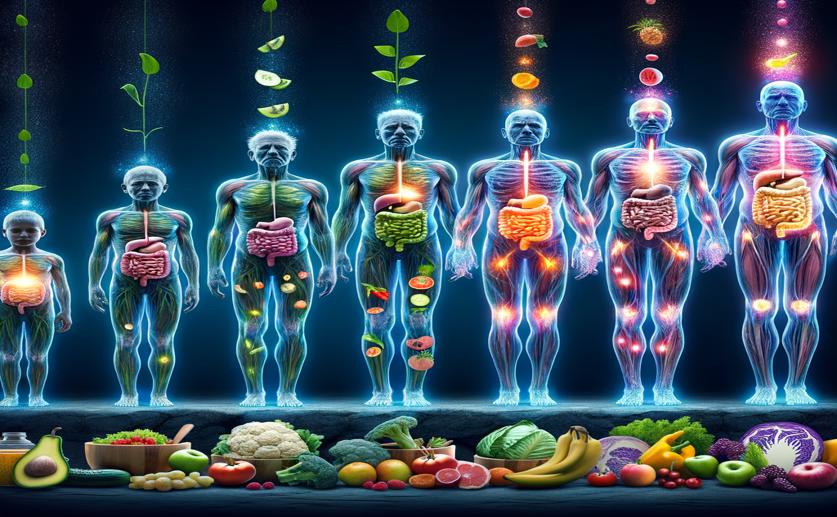
How a Plant-Rich Diet Affects Gut Health and Metabolism at Different Life Stages
Jim Crocker
2nd July, 2024

Image Source: Natural Science News, 2024
Key Findings
- The study took place at the University of Aberdeen and focused on the impact of plant-based diets on the gut microbiota of Atlantic salmon
- Atlantic salmon fed a plant-based diet early in life showed similar growth performance to those fed a marine-based diet
- The plant-based diet caused lasting changes in the gut microbiota, even when fish were later fed a marine-based diet
References
Main Study
1) Modulation of gut microbiota composition and predicted metabolic capacity after nutritional programming with a plant-rich diet in Atlantic salmon (Salmo salar): insights across developmental stages
Published 1st July, 2024
https://doi.org/10.1186/s42523-024-00321-8
Related Studies
2) Feeding aquaculture in an era of finite resources.
3) A 20-year retrospective review of global aquaculture.
4) Environmental health impacts of feeding crops to farmed fish.
5) Replacing fishmeal with plant protein in Atlantic salmon (Salmo salar) diets by supplementation with fish protein hydrolysate.



 16th March, 2024 | Jenn Hoskins
16th March, 2024 | Jenn Hoskins